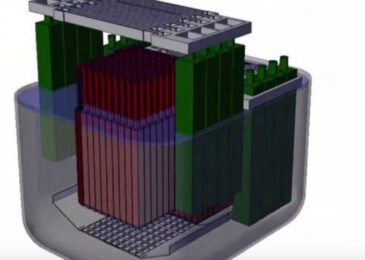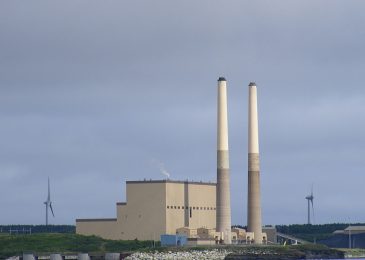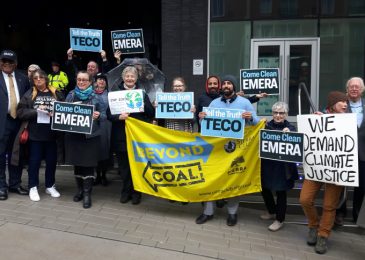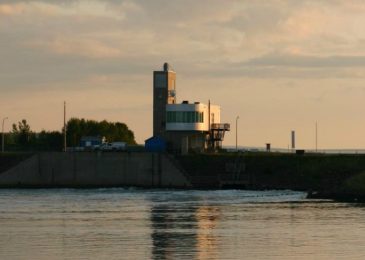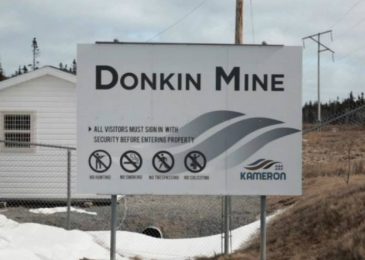Nova Scotia doesn’t need small modular nuclear reactors
Gail Wylie: Its a perennial puzzle for the Canadian public- the blithely repeated but already refuted nuclear industry claims for ‘small modular reactors.’ The catchy industry words and phrases remain unaltered and misleading. And that’s the case with the Chronicle Herald’s May 3rd article lamenting the exclusion of nuclear power in Nova Scotia.

